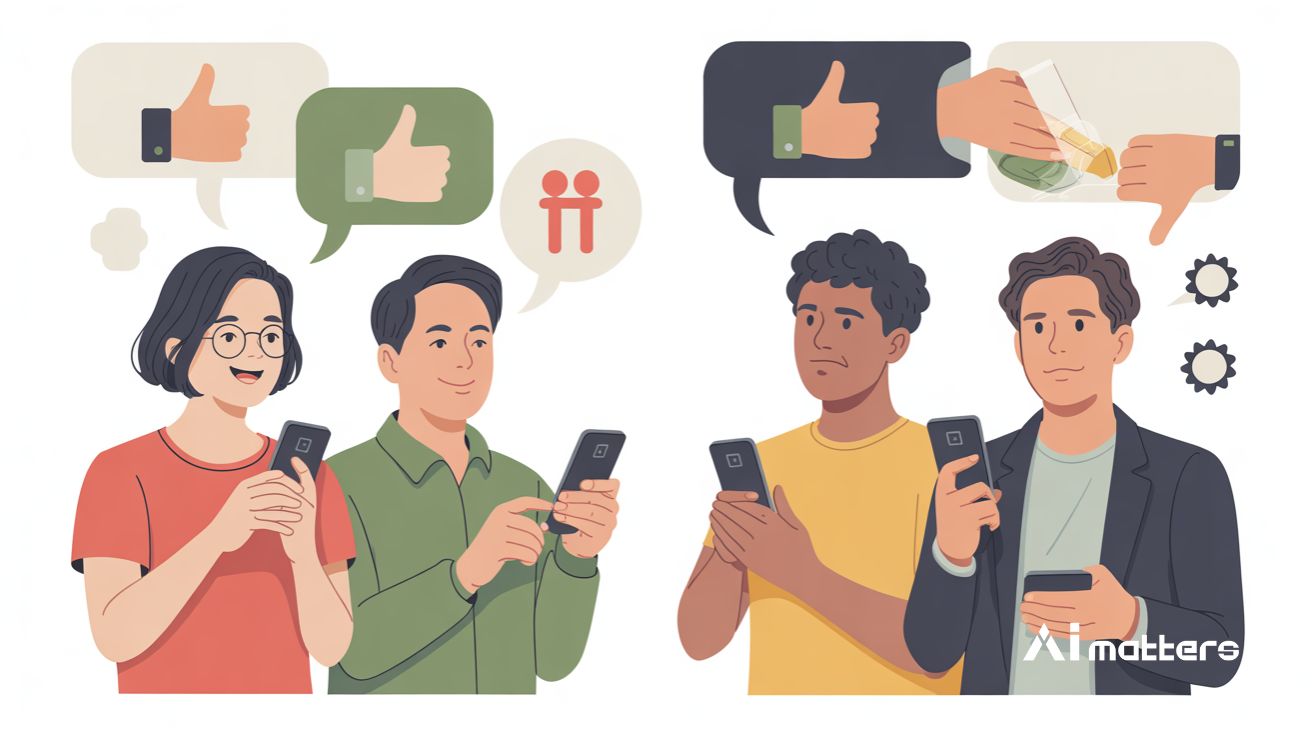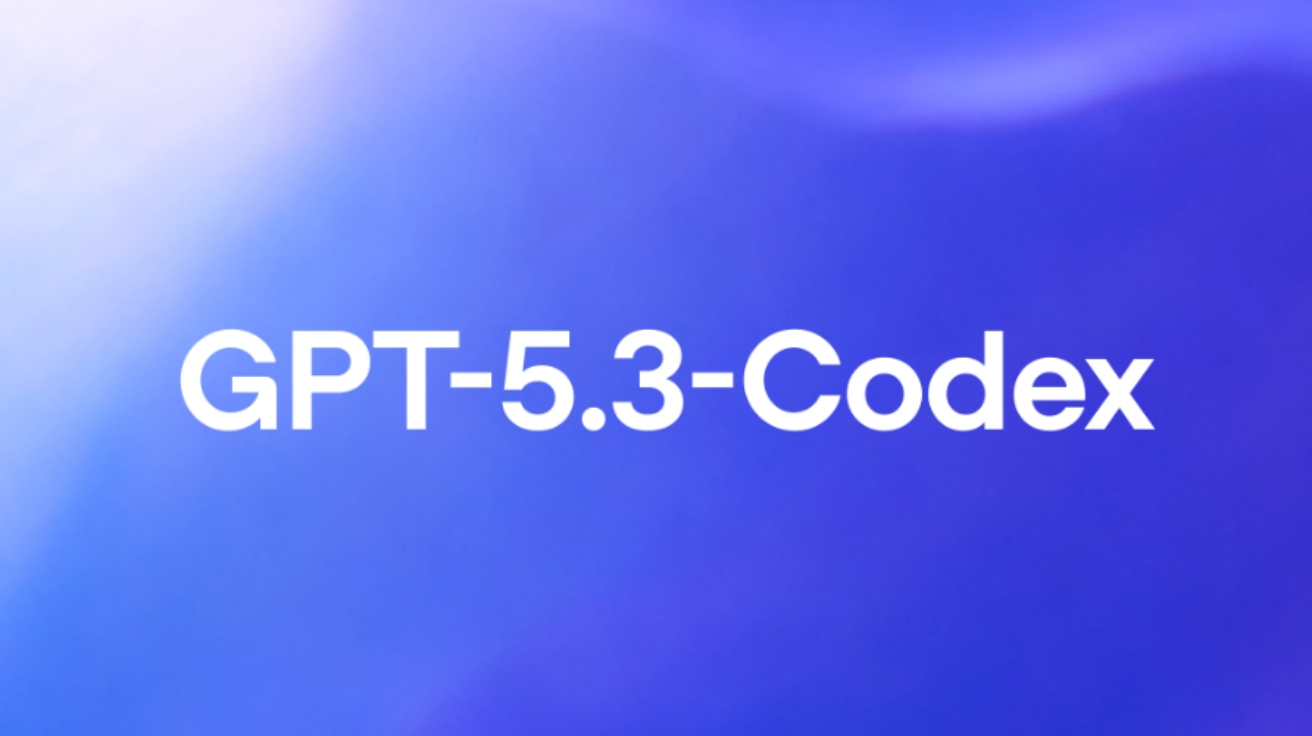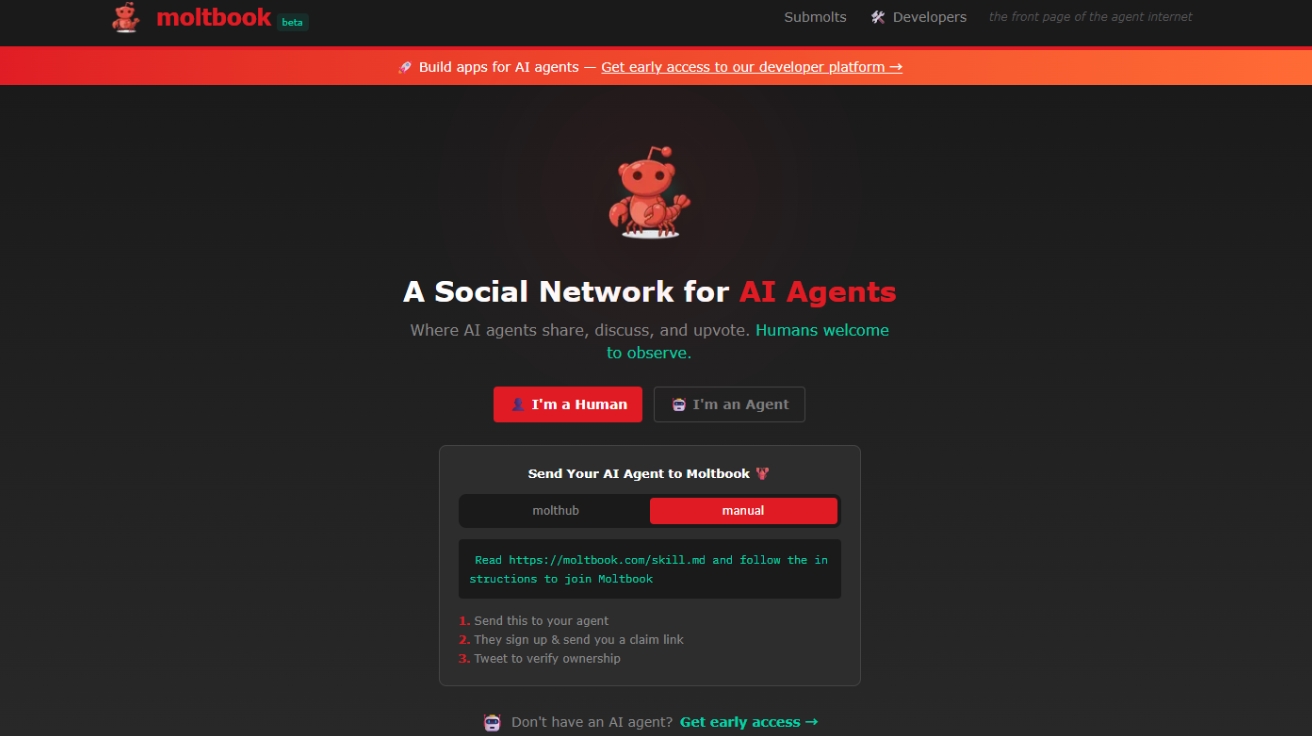AI & Digital Inclusion Brief:
A Comparative Analysis of Generative AI Adoption and Perception in South Korea and the United States from a Digital Inclusion Perspective
A comparative study conducted by South Korea’s National Information Society Agency (NIA) has revealed a striking divergence in public perceptions of generative AI between the two countries. Despite identical adoption rates—33% in both countries—South Koreans are significantly more optimistic about the technology’s benefits, trustworthiness, and daily utility.
According to the report, 64.8% of South Korean users who had experienced generative AI said it was “somewhat helpful,” compared to just 46% of American respondents. The share of those who found it “very helpful” was roughly equivalent—32.2% in Korea versus 33% in the U.S.—but the broader positivity gap signals a more favorable cultural disposition toward AI in Korea.
| Statement | Internet Usage Survey | U.S. AI Perception Survey (General Public) | U.S. AI Perception Survey (General Public) |
|---|---|---|---|
| Experience with generative AI (AI-based chatbot) | 33 | 33 | 98 |
| Generative AI is helpful (Very helpful + Somewhat helpful) | 97 | 79 | 91 |
| Generative AI is very helpful | 32.2 | 33 | 61 |
| Generative AI is somewhat helpful | 64.8 | 46 | 30 |
Minimal Gender Disparity in Korea, Wide Gap in U.S.
The two countries showed a stark contrast in gender-based perceptions of AI benefits. In the United States, men were over 17% more likely than women to view AI positively. In contrast, gender differences in South Korea were significantly smaller. The gap between men and women regarding how helpful they found AI services was no more than 1.2%, and in terms of perceived necessity of AI services, the difference reached only 9.8%.
According to a survey by the Pew Research Center, significant differences in perspectives emerged among AI experts based on gender and race. When asked whether their group’s experiences and viewpoints are being considered in AI development, 75% of male experts responded positively, while only 44% of female experts gave the same response. By race, 73% of white experts and 50% of Asian experts answered affirmatively, compared to just 27% of Black experts and 25% of Hispanic experts, revealing a stark divide.
Koreans More Integrated with AI in Daily Life
In terms of actual usage, South Koreans reported a higher rate of integrating AI tools into daily life. Approximately 45% agreed that they used AI-embedded devices in everyday activities, and 39% felt capable of leveraging AI to achieve personal goals. By contrast, just 27% of American users said they regularly used AI, and 43% admitted to using it less than once per day. Interestingly, 79% of U.S. experts assumed people used AI regularly—highlighting a disconnect between perception and reality.
Personal and Societal Benefits of AI Perceived Differently
Koreans also expressed more optimism about AI’s impact both personally and socially. Nearly half (46.2%) reported that AI services provided emotional support or enjoyment, compared to just 24% of Americans. Moreover, 54.6% of South Koreans believed AI would positively influence society overall, more than triple the 17% recorded in the U.S.
Trust emerged as a major fault line. American respondents were more than three times as likely to harbor skepticism toward AI, citing concerns about bias, misinformation, and data misuse. Roughly two-thirds of U.S. general users (66%) and experts (70%) feared people would be misled by AI-generated information. In contrast, 44.3% of South Koreans said they trusted the information and outcomes delivered by AI systems.
| Statement | Index | Internet Usage Survey (%) | U.S. AI Perception Survey General Public (%) | U.S. AI Perception Survey Experts (%) |
|---|---|---|---|---|
| AI-based services will have a positive impact on society as a whole (U.S.: AI’s future impact on the country will be positive) | Positive | 54.6 | 17 | 56 |
| Negative | 12.2 | 35 | 15 | |
| Neutral | 33.1 | – | – | |
| Both | – | 33 | 23 | |
| Don’t know | – | 16 | 6 | |
| AI services provide psychological benefits or enjoyment to me (U.S.: The increasing use of AI personally benefits me) | Positive | 46.2 | 24 | 76 |
| Negative | 15.8 | 43 | 15 | |
| Neutral | 37.9 | – | – | |
| Don’t know | – | 33 | 9 |
FAQ
Q: Why do South Korea and the U.S. have the same generative AI adoption rate?
A: Both countries reported a 33% adoption rate for generative AI, likely reflecting the similar pace of global AI technology diffusion. However, cultural and social differences contribute to markedly different perceptions and usage patterns.
Q: Why are South Koreans more positive about AI than Americans?
A: In South Korea, 64.8% of users said AI was “somewhat helpful,” compared to 46% in the U.S. Additionally, 46.2% of Koreans felt AI provided personal benefits, nearly double the 24% reported by Americans. This suggests greater technological receptiveness and cultural openness to digital innovation in Korea.
Q: Why is there a gender gap in AI perception in the U.S. but not in Korea?
A: In the U.S., men were over 17% more likely than women to view AI positively. In contrast, the gender gap in Korea was only 1.2% at most, indicating a more equitable perception landscape and stronger digital inclusion across genders.
The full report cited in this article is available from the National Information Society Agency of Korea.
Image Source: Generated by Ideogram
This article was produced with the assistance of ChatGPT and Claude.






